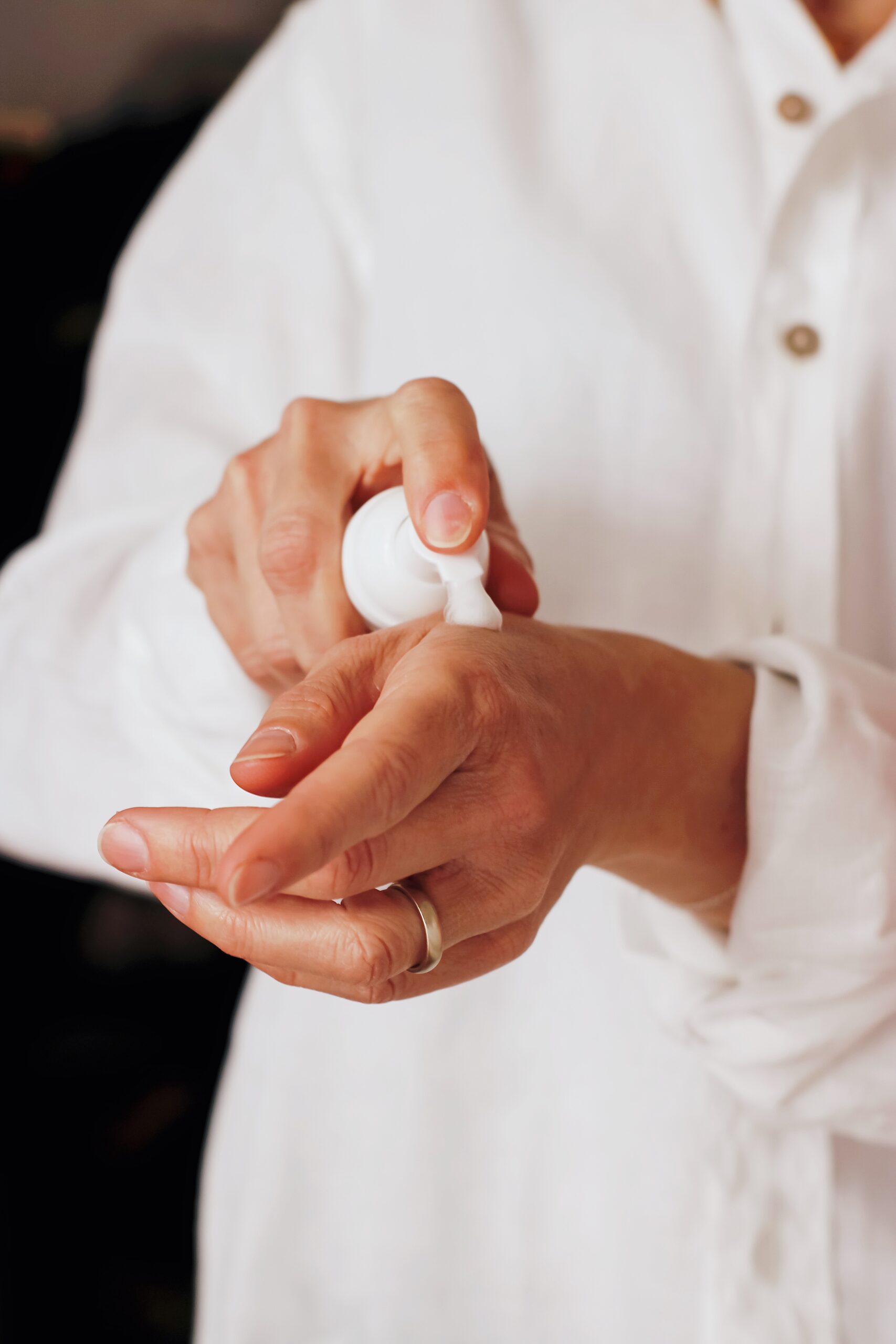
Dry skin and hormones: The relationship is not known by most. Hormones, the body’s unique chemical messengers, control various physiological functions, including metabolism, growth, mood, and, importantly for our discussion today, skin health. Estrogen, testosterone, and cortisol are the key players impacting skin texture, elasticity, and moisture levels.
Dry, flaky skin isn’t just about harsh weather or unsuitable skincare products. It can be a tell-tale sign of a deeper issue – hormonal imbalance. Let’s understand the relationship between dry skin and hormones further.
Low estrogen dry skin
Estrogen is predominantly associated with female characteristics but is essential for everyone’s skin health. It drives the production of collagen, elastin, and hyaluronic acid – the building blocks of healthy skin. These components lend structure, elasticity, and hydration to our skin.
A decline in estrogen levels, or dry skin estrogen dominance decline, typically due to aging or certain health conditions, can decrease the production of these vital skin constituents. Consequently, the skin becomes drier and loses its youthful bounce.
Testosterone’s Influence on Skin Health
While testosterone is renowned for promoting male traits, it’s present in everyone and significantly impacts skin health. A finely tuned balance of testosterone is essential for sebum (oil) production. When this balance tips, the skin feels the effects. A decrease in testosterone may contribute to dry, dull skin, while an increase often leads to oilier skin and acne flare-ups.
Cortisol and Dry Skin
Cortisol, the infamous ‘stress hormone,’ can negatively affect your skin when its levels are high. Elevated cortisol often leads to increased inflammation, which impedes the skin’s ability to hold onto moisture effectively. This imbalance often manifests as dry, irritated, and sensitive skin.
Strategies to Combat Hormone-Induced Dry Skin
Hormonal imbalances require medical attention for proper diagnosis and treatment. However, you can incorporate several strategies to alleviate dry skin related to hormonal changes:
- Balanced Diet: A diet rich in omega-3 fatty acids, antioxidants, and essential vitamins can promote hormonal balance and improve skin health. Some may want to try menopause dry skin supplements
- Hydration: Keep your skin moisturized from within by drinking plenty of water throughout the day.
- Tailored Skincare Routine: Choose gentle, hydrating skincare products. Look for ingredients like hyaluronic acid and ceramides, known to lock in moisture.
- Stress Management: Engage in stress-reducing activities such as yoga, meditation, or regular exercise. These can help regulate cortisol levels, improving overall skin health.
Concluding on dry skin and hormones
Understanding the relationship between dry skin and hormones helps manage persistent skin issues like dry skin. It’s crucial to remember that everyone’s hormonal profile is unique, so a one-size-fits-all approach doesn’t work in skincare. Consult with a healthcare provider to personalize your skincare routine based on your hormonal health.
In the fascinating world of beauty and health, hormones wield more power than we give them credit for. Recognizing their impact helps us combat skin issues more effectively, paving the way for radiant, healthy skin.




Leave a Reply